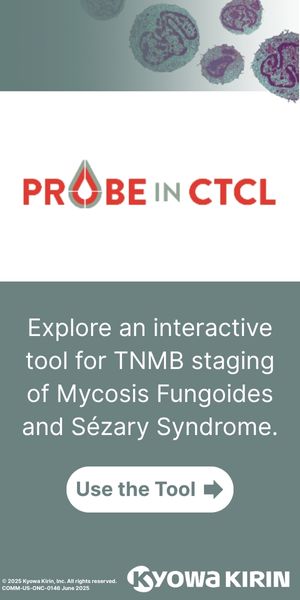The U.S. Food and Drug Administration (FDA) has granted accelerated approval to Forzinity (elamipretide HCI) for the treatment of patients with Barth syndrome. The treatment is indicated to improve muscle strength in adult and pediatric patients weighing at least 30 kg.
Barth syndrome is a metabolic and neuromuscular disorder, occurring almost exclusively in males, that primarily affects the heart, immune system, muscles, and growth. The main characteristics of the condition include cardiomyopathy and skeletal myopathy; low levels of neutrophils that help to fight bacterial infections; and growth retardation, potentially leading to short stature. Other signs and symptoms may include increased levels of certain organic acids in the urine and blood (such as 3-methylglutaconic acid), and increased thickness of the left ventricle of the heart due to endocardial fibroelastosis, which can cause potential heart issues. Barth syndrome is caused by genetic changes in the TAZ gene.
Elamipretide is a peptide that binds to cardiolipin, a lipid found in the mitochondrial membrane. The treatment has shown evidence of increasing mitochondrial respiration and improving ATP production and electron transport chain function. Additionally, it reduces the formation of reactive oxygen species levels.
The approval of elamipretide is supported by safety and efficacy data from the TAZPOWER clinical trial where knee extensor muscle strength improved from baseline in an open-label portion of the study. The most common adverse events were injection site reactions. The decision follows the Complete Response Letter issued by the FDA for this indication in May 2025.
For more information, click here.
To learn more about Barth syndrome and other rare metabolic disorders, visit https://checkrare.com/diseases/metabolic-disorders/

